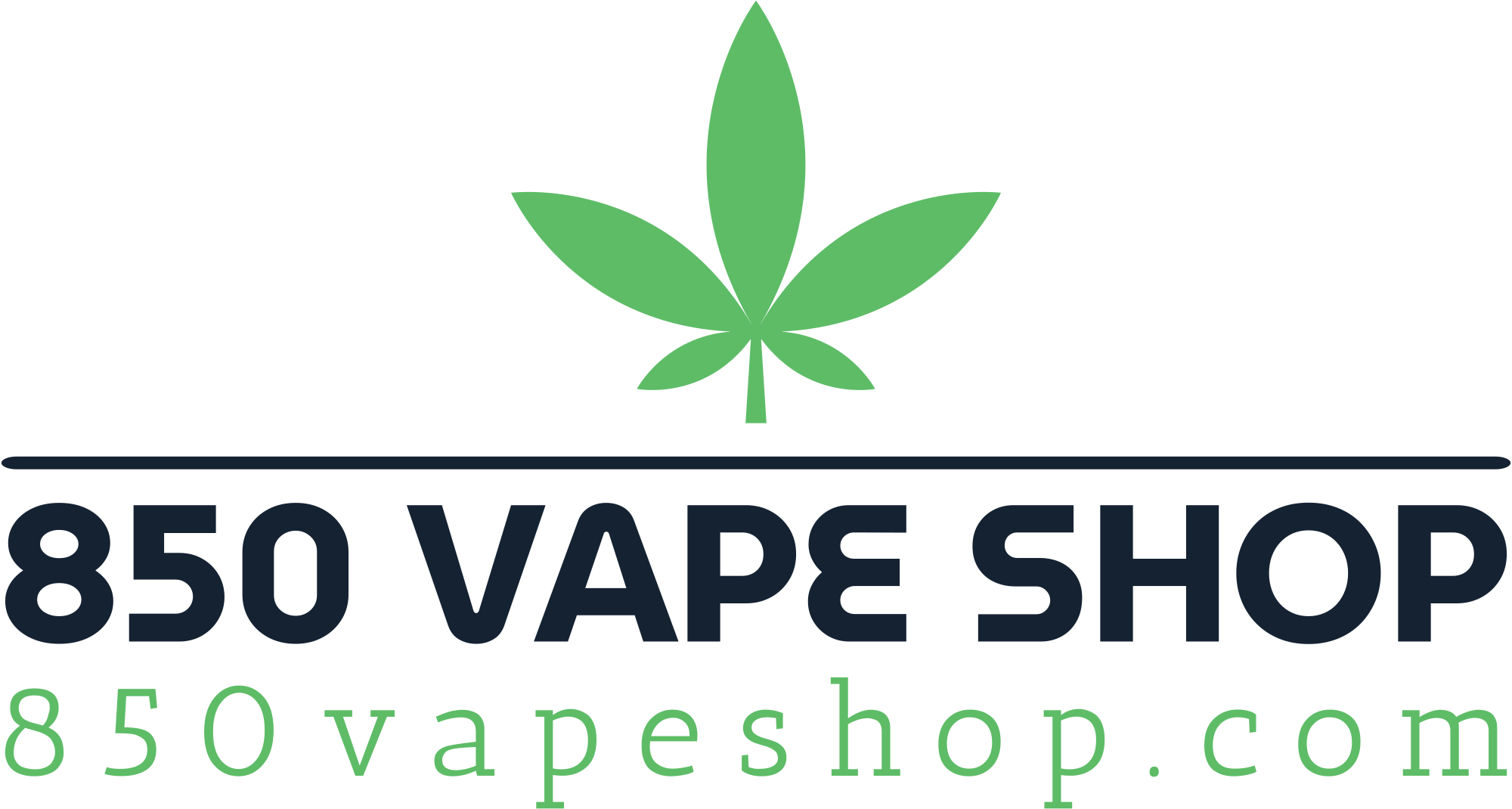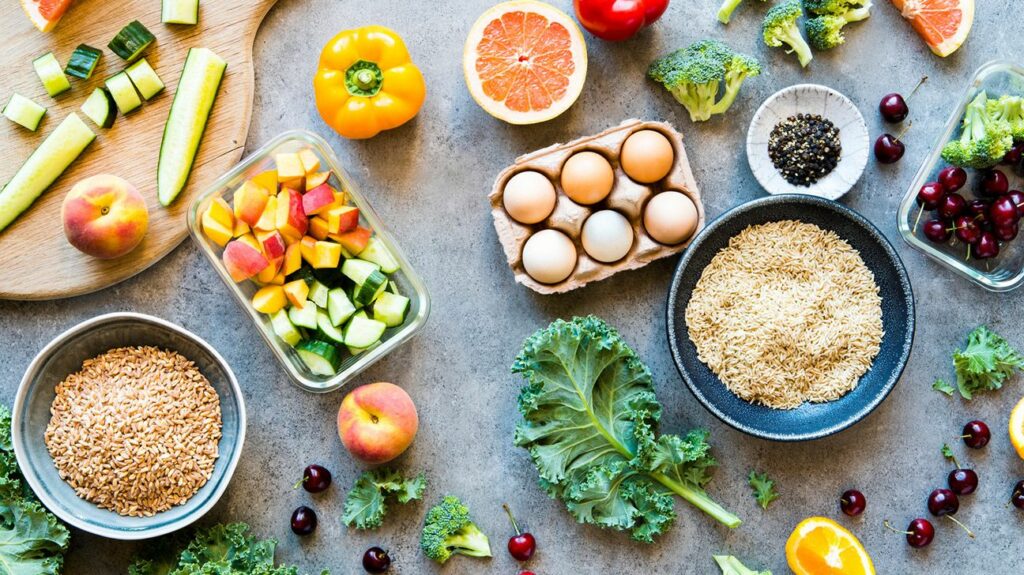Introduction:
Adopting a vegan diet involves abstaining from all animal products, including meat, dairy, eggs, and even ingredients derived from animals. While the focus is often on what vegans can eat, it is equally important to be aware of the foods and ingredients that should be avoided. This comprehensive guide will highlight 37 common foods and ingredients that are not suitable for a vegan diet. By understanding these exclusions, vegans can make informed choices and ensure their dietary practices align with their values.
1. Meat and Poultry:
The cornerstone of a vegan diet is the complete avoidance of all types of meat, including beef, pork, poultry, and game. These animal-derived foods are obtained through the slaughter of animals, making them unsuitable for vegans.
2. Seafood:
Fish and other seafood, such as shrimp, crab, lobster, and oysters, are excluded from a vegan diet. These creatures are sentient beings and are not considered appropriate food sources for vegans.
3. Dairy Products:
Milk, cheese, butter, yogurt, and any other products made from animal milk are off-limits for vegans. They are produced by exploiting cows, goats, and other lactating animals, which contradicts the ethical principles of a vegan lifestyle.
4. Eggs:
Eggs, whether chicken, duck, or any other type, are not suitable for a vegan diet. They are reproductive byproducts of animals and are thus excluded due to their animal origin.
5. Honey:
Honey is produced by bees and is therefore not considered vegan. While bees are not killed in the honey-making process, the exploitation of their labor goes against the principles of veganism.
6. Gelatin:
Gelatin, commonly found in desserts, marshmallows, and gummy candies, is derived from animal bones and skin. Its presence in a product automatically renders it unsuitable for vegans.
7. Lard:
Lard is a type of fat obtained from pigs, often used in baking and cooking. Due to its animal origin, lard is not suitable for those following a vegan diet.
8. Bone Char:
Bone char is a black, granular substance derived from animal bones and is used in the refinement process of sugar. Vegans should choose unrefined sugar or seek alternatives like maple syrup, coconut sugar, or date sugar.
9. Whey Protein:
Whey protein is a byproduct of cheese production and is therefore derived from dairy. Vegans should opt for plant-based protein sources, such as soy, pea, or hemp protein.
10.Casein:
Casein is a protein found in milk and dairy products. It is used in the production of some processed foods and should be avoided by vegans.
11.Fish Sauce:
Fish sauce, a common ingredient in Asian cuisine, is made from fermented fish. Vegans can explore alternatives like soy sauce or tamari as substitutes.
12.Worcestershire Sauce:
Worcestershire sauce often contains anchovies or fish derivatives. Vegans can look for fish-free or vegan-friendly versions of this popular sauce.
13.Pesto:
Traditional pesto often includes Parmesan cheese, making it non-vegan. Vegans can make or purchase pesto without cheese or explore vegan-friendly alternatives.
14.Mayonnaise:
Mayonnaise typically contains eggs, which makes it unsuitable for vegans. However, there are vegan mayonnaise options available that use plant-based ingredients as substitutes.
15.Yogurt:
Yogurt is derived from animal milk, making it non-vegan. Plant-based alternatives like soy, almond, or coconut yogurt are suitable options for vegans.
16.Buttermilk:
Buttermilk is a byproduct of churning butter from animal milk. Vegans can choose non-dairy alternatives or make their own plant-based buttermilk using ingredients like plant milk and vinegar.
17.Sour Cream:
Sour cream is made from dairy and is therefore excluded from a vegan diet. Fortunately, various vegan sour cream options are available that use plant-based ingredients.
18.Cream Cheese:
Cream cheese is derived from dairy and is not suitable for a vegan diet. Vegan cream cheese substitutes, often made from nuts or tofu, can be found in stores or made at home.
19.Marshmallows:
Traditional marshmallows contain gelatin, which is derived from animal sources. Vegans can find marshmallows made with plant-based ingredients like agar-agar or carrageenan.
20.Caramel:
Caramel often contains butter or milk, making it non-vegan. Vegans can make or purchase caramel made with plant-based substitutes like coconut milk or almond milk.
21.Anchovies:
Anchovies are small, saltwater fish often used as a flavoring agent. Due to their animal origin, they are not suitable for vegans. Vegans can explore alternatives like seaweed or smoked paprika for a similar umami flavor.
22.Oyster Sauce:
Oyster sauce is derived from oysters and is commonly used in Asian cuisine. Vegans can choose plant-based alternatives like mushroom sauce or hoisin sauce.
23.Shrimp Paste:
Shrimp paste is made from fermented ground shrimp and is used in various Asian dishes. Vegans can substitute shrimp paste with miso paste or other vegan condiments.
24.Fish Oil:
Fish oil is obtained from fish tissue and is commonly taken as a dietary supplement. Vegans should opt for plant-based sources of essential fatty acids, such as flaxseed oil or algae oil.
25.Shellac:
Shellac, often used as a glazing or coating agent in candies and confectionery products, is derived from lac insects. Vegan-friendly alternatives like carnauba wax or vegetable-based coatings can be used instead.
26.Cochineal (Carmine):
Cochineal, also known as carmine or natural red 4, is a red food coloring made from crushed cochineal insects. Vegans should choose alternative red food dyes made from plant-based sources.
27.Royal Jelly:
Royal jelly is a secretion produced by bees and is commonly used as a dietary supplement. Due to its animal origin, it is not suitable for vegans. Plant-based alternatives can provide similar nutritional benefits.
28.Propolis:
Propolis is a resinous substance collected by bees from plant buds and used to seal their hives. While it has some health benefits, vegans should seek alternative natural remedies for similar purposes.
29.Caviar:
Caviar consists of fish eggs and is considered a luxury food. Due to its animal origin, caviar is not appropriate for a vegan diet.
30.Animal-based Broths:
Broths made from meat, poultry, or fish are excluded from a vegan diet. Vegans can opt for vegetable-based broths or make their own using vegetable scraps.
31.Bacon Bits:
Bacon bits are made from pork and are not suitable for vegans. Vegan alternatives like tempeh or coconut-based bacon bits can be used as substitutes.
32.Beef Jerky:
Beef jerky is a dried meat product and therefore not appropriate for a vegan diet. Vegans can find plant-based jerky alternatives made from ingredients like mushrooms or soy.
33.Chicken/Beef/Seafood Stock:
Stocks made from animal bones or meat are not suitable for vegans. Vegetable-based stocks or bouillon cubes are great alternatives for adding flavor to soups and stews.
34.Ghee:
Ghee is a clarified butter commonly used in Indian cuisine. Since it is derived from animal milk, it is not vegan. Vegans can use plant-based oils or vegan butter substitutes in their cooking.
35.Pâté:
Pâté is a spreadable paste made from animal liver or other organs. Vegans can enjoy plant-based spreads made from ingredients like lentils, beans, or mushrooms.
36.Animal-based Rennet:
Rennet is an enzyme used in cheese-making, often derived from the stomach lining of young calves. Vegan cheeses are made with non-animal-based rennet alternatives or coagulants like lemon juice or vinegar.
37.Meat-based Gravies and Sauces:
Gravies and sauces made with meat or meat drippings are not vegan-friendly. Vegans can create flavorful gravies using vegetable stock, mushrooms, or plant-based protein substitutes.
Conclusion:
Maintaining a vegan diet involves avoiding all forms of animal products and ingredients derived from animals. By understanding the foods and ingredients to avoid, vegans can make conscious choices that align with their ethical values. This comprehensive guide provides an overview of 37 common foods and ingredients that are not suitable for a vegan diet, empowering vegans to navigate their dietary choices with confidence and compassion. Remember, there are numerous delicious and nutritious plant-based alternatives available to ensure a vibrant and fulfilling vegan lifestyle.
Barbara is a freelance writer and a sex and relationships adviser at Dimepiece LA and Peaches and Screams. Barbara is involved in various educational initiatives aimed at making sex advice more accessible to everyone and breaking stigmas around sex across various cultural communities. In her spare time, Barbara enjoys trawling through vintage markets in Brick Lane, exploring new places, painting and reading.
[email protected]
- Loxa Beauty Mushroom Gummies By Glowbar:A Flavorful Fungi Fiesta! - October 5, 2023
- The Vitamin Shoppe Sells CBD & CBD Edibles - August 7, 2023
- What are THC-V Products - July 31, 2023











